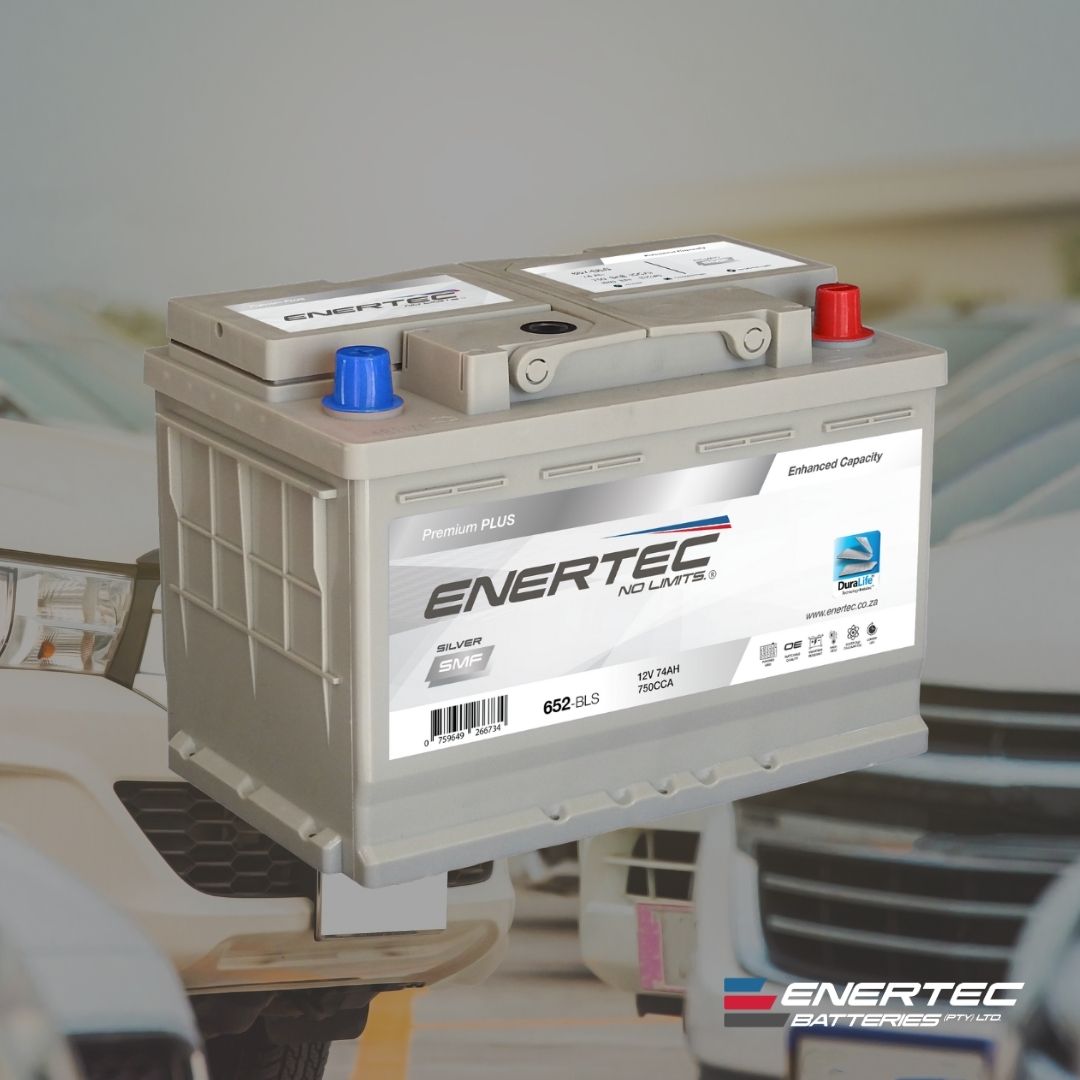2025-06-21 23:53:29
Everything you need to know aboout Lithion-Ion Phosphate Batteries ( LifePo4 )
What is a Lithium-Ion Phosphate (LiFePO4) Battery?
LiFePO4 is a type of lithium-ion battery that uses lithium iron phosphate as the cathode material. The phosphate-based technology offers several advantages over traditional lithium-ion batteries that use other cathode materials, such as cobalt or manganese. Key benefits include increased safety, thermal stability, quick recharging and longer cycle life.
Advantages of LiFePO4 Batteries
-
Enhanced Safety: LiFePO4 batteries are known for their robust safety features. One of the most significant advantages is their thermal and chemical stability. Unlike other lithium-ion chemistries, LiFePO4 batteries are less prone to overheating, making them highly resistant to combustion or explosion, even in extreme conditions.
-
Longer Lifespan: One of the standout features of LiFePO4 batteries is their long cycle life. These batteries can typically last between 2,000 to 5,000 charge and discharge cycles, compared to traditional lithium-ion batteries that average around 500 to 1,500 cycles. This makes them ideal for applications where longevity is critical, such as solar energy storage and electric vehicles.
-
High Discharge and Recharge Rate: LiFePO4 batteries can handle high currents, making them well-suited for high-power applications. They can deliver more consistent voltage levels throughout the discharge cycle, which enhances the performance and runtimes of devices like electric vehicles, RVs, and solar systems.
-
Lightweight: Compared to lead-acid batteries, LiFePO4 batteries are much lighter, which is crucial for applications where weight is a concern, such as electric vehicles or marine applications.
-
Low Self-Discharge Rate: LiFePO4 batteries have a low self-discharge rate, meaning they can hold their charge for extended periods of time. This feature is particularly useful in backup power systems or seasonal equipment that is not frequently used.
-
Eco-Friendly: LiFePO4 batteries do not contain cobalt or other hazardous materials, making them more environmentally friendly than other lithium-ion battery types. They also have a longer lifespan, which means fewer batteries need to be manufactured, reducing their overall environmental impact.
Applications of LiFePO4 Batteries
-
Renewable Energy Systems:
LiFePO4 batteries are widely used in solar energy storage systems because of their long cycle life and ability to handle deep discharges. The stable performance of LiFePO4 batteries ensures reliable power even during extreme operating conditions and harsh demands.
-
Electric Vehicles (EVs):
With high energy density, quick charging capabilities, and light weight, LiFePO4 batteries are a popular choice for electric vehicles, including cars, scooters, and electric bikes. Their long cycle life reduces the need for frequent battery replacements, offering cost savings over the lifespan of the vehicle.
-
Uninterruptible Power Supplies (UPS):
LiFePO4 batteries are often used in UPS systems due to their reliability and safety. They provide backup power in case of grid failures, making them ideal for critical systems in hospitals, data centres, and telecom industries.
-
Marine and RV Applications:
Their lightweight and ability to provide stable power make LiFePO4 batteries ideal for use in marine and RV applications. A key feature in these applications is the very quick recharge time.
-
Portable Power Stations:
LiFePO4 batteries are increasingly being used in portable power stations, where users need lightweight, reliable energy for camping, emergency use, or other off-grid scenarios.
Disadvantages of LiFePO4 Batteries
-
Higher Upfront Cost:
One of the main drawbacks of LiFePO4 batteries is their higher initial cost compared to lead-acid or other types of lithium-ion batteries. However, their longer lifespan and superior performance contribute to a lower total cost of ownership. With the increase in demand for these products, prices continue to decrease steadily, narrowing the gap between lead-acid and LifePO4 batteries.
-
Lower Energy Density:
While LiFePO4 batteries are safer and last longer, they have a lower energy density compared to lithium-ion batteries that use cobalt or manganese. This means they store less energy per unit of weight, making them slightly less efficient in certain applications where space and weight are critical.
-
Temperature Sensitivity:
While LiFePO4 batteries are more resistant to high temperatures, their performance can be negatively affected in extremely cold conditions. Special heating solutions may be required for use in freezing temperatures, which adds complexity and cost to their usage.
Charging and Maintenance of LiFePO4 Batteries
Charging LiFePO4 batteries is relatively simple, but it’s essential to use a compatible charger. Unlike lead-acid batteries, which require periodic equalisation, LiFePO4 batteries don’t need this step, making maintenance easier. Using a charger designed for lithium-ion batteries ensures optimal performance and longevity.
Maintenance LiFePO4 batteries require minimal maintenance. Their long lifespan and low self-discharge rate mean that they can be left for extended periods without losing significant charge. However, regular inspection of the battery terminals and ensuring the battery management system (BMS) is functioning correctly can help extend the battery’s life.
Comparing LiFePO4 with Other Battery Technologies
LiFePO4 vs. Lead-Acid LiFePO4 batteries outperform lead-acid batteries in nearly every category, including cycle life, weight, energy efficiency, and discharge rates. The higher upfront cost of LiFePO4 batteries is offset by their much longer lifespan and lower overall maintenance costs.
LiFePO4 vs. Lithium-Cobalt (LiCoO2) LiCoO2 batteries are known for their higher energy density, but they are less stable and have a shorter lifespan compared to LiFePO4 batteries. LiFePO4 is much safer and can operate under more extreme conditions, making it a preferred choice for applications requiring high reliability and safety.
The Future of LiFePO4 Batteries
As advancements continue in battery technology, LiFePO4 is poised to become a dominant player in energy storage systems, electric vehicles, and renewable energy solutions. The ongoing improvements in energy density and manufacturing processes could further reduce costs, making them more accessible for a wide range of applications.
Conclusion on everything you need to know about Lithium-Ion Phosphate Batteries
LiFePO4 batteries represent a highly efficient, safe, and long-lasting energy storage solution. Whether you’re looking for an energy-efficient power source for your solar system, electric vehicle, or off-grid setup, LiFePO4 batteries are an excellent choice.
While the initial cost might be higher than other options, the long-term benefits make it a worthwhile investment for both commercial and residential applications.



